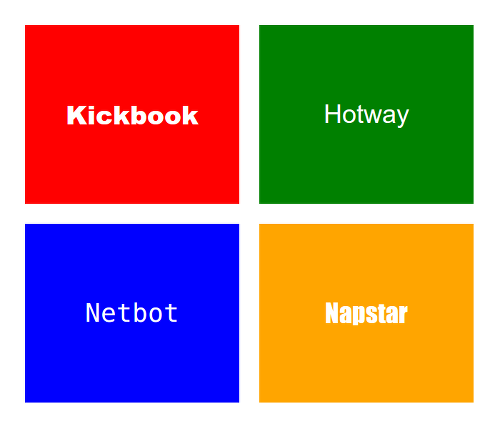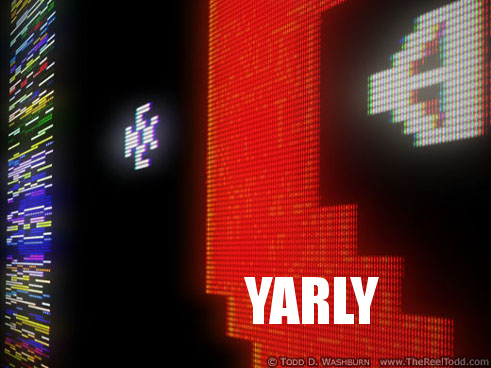Nonstop Interactive Fiction in Boston
Hello from Cambridge, Massachusetts, where I’m currently dressed as a grue. The streets are unnervingly lit up tonight for some reason and many people are about. Perhaps my quest to find a dark, quiet place will lead me to Fenway Park.
There is a lot of news about upcoming interactive fiction events, and the first part of a two-part article by Illya Szilak, “A Book Itself Is a Little Machine: Emily Short’s Interactive Fiction,” is just out in The Huffington Post.






